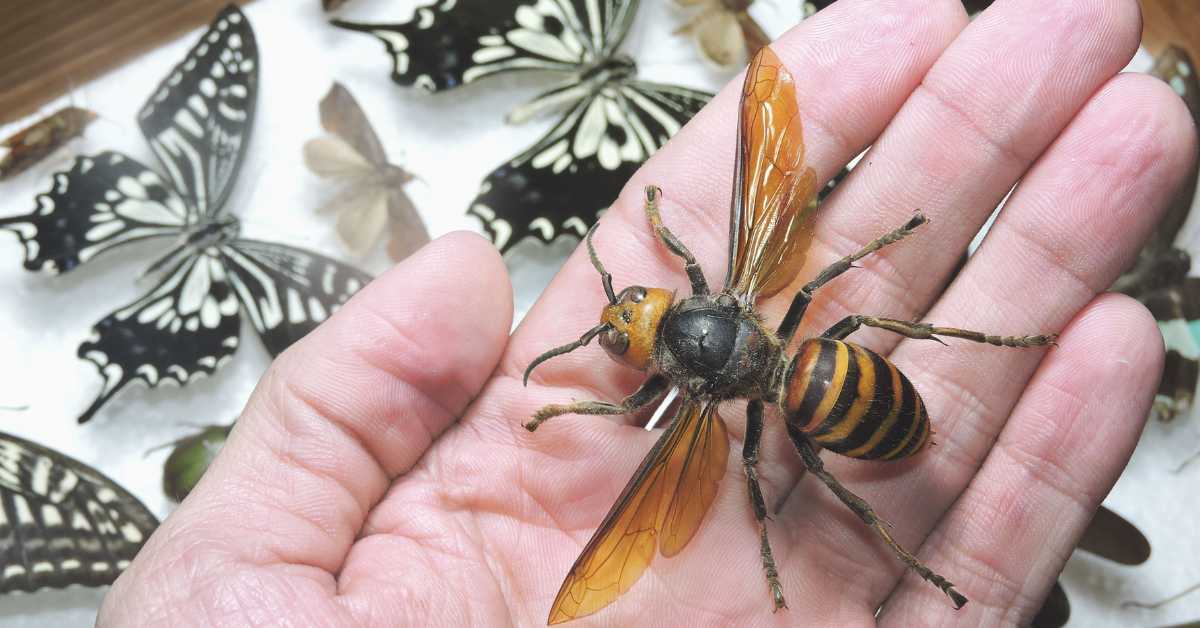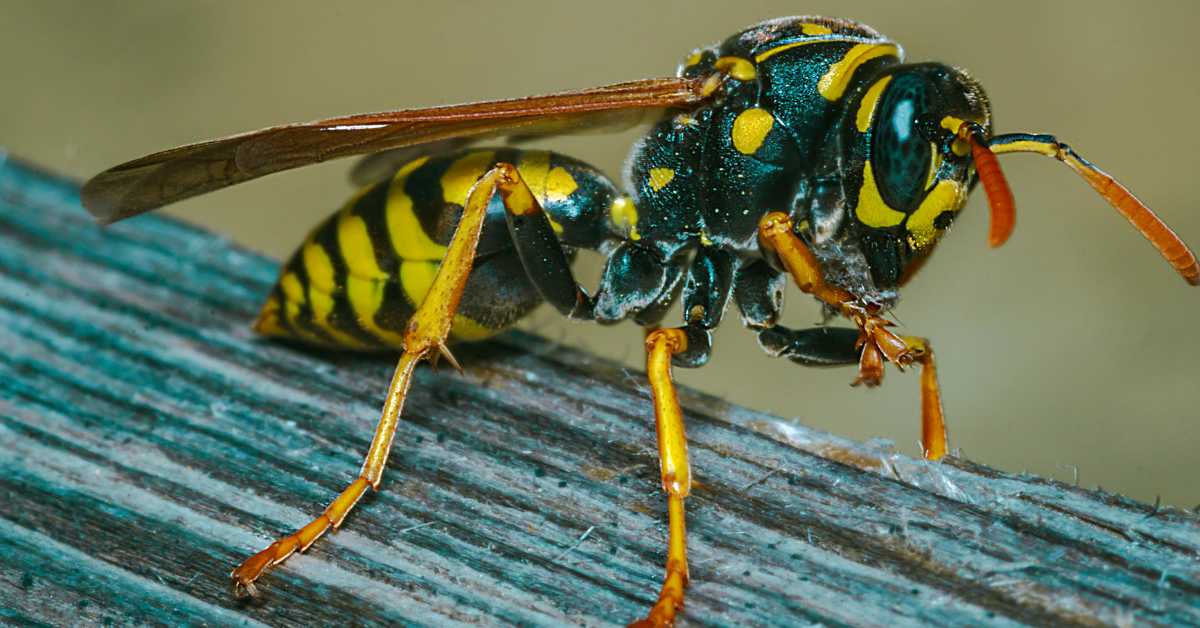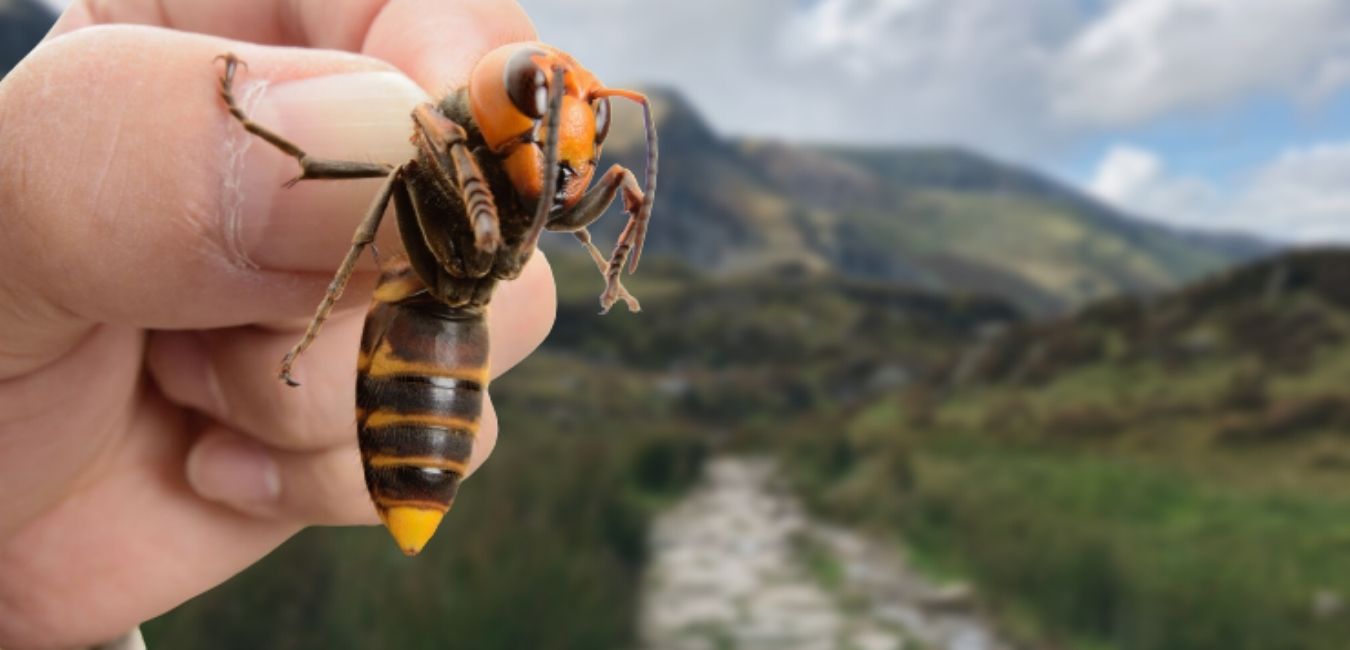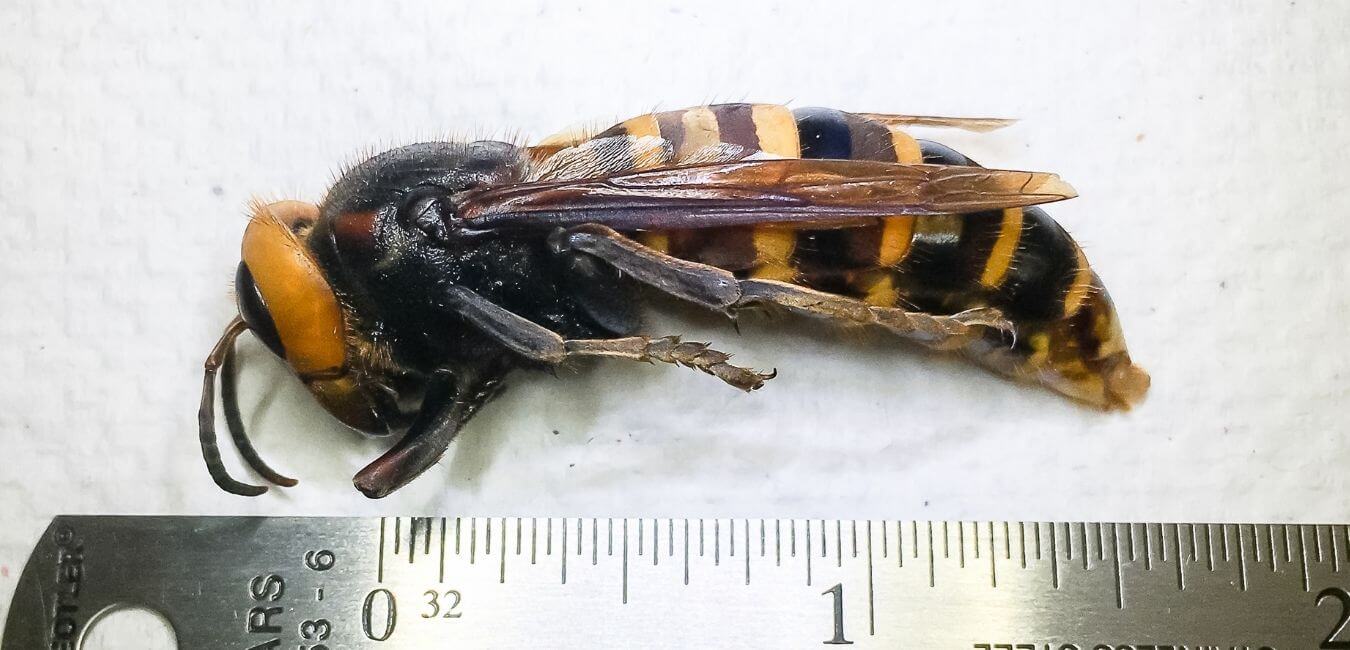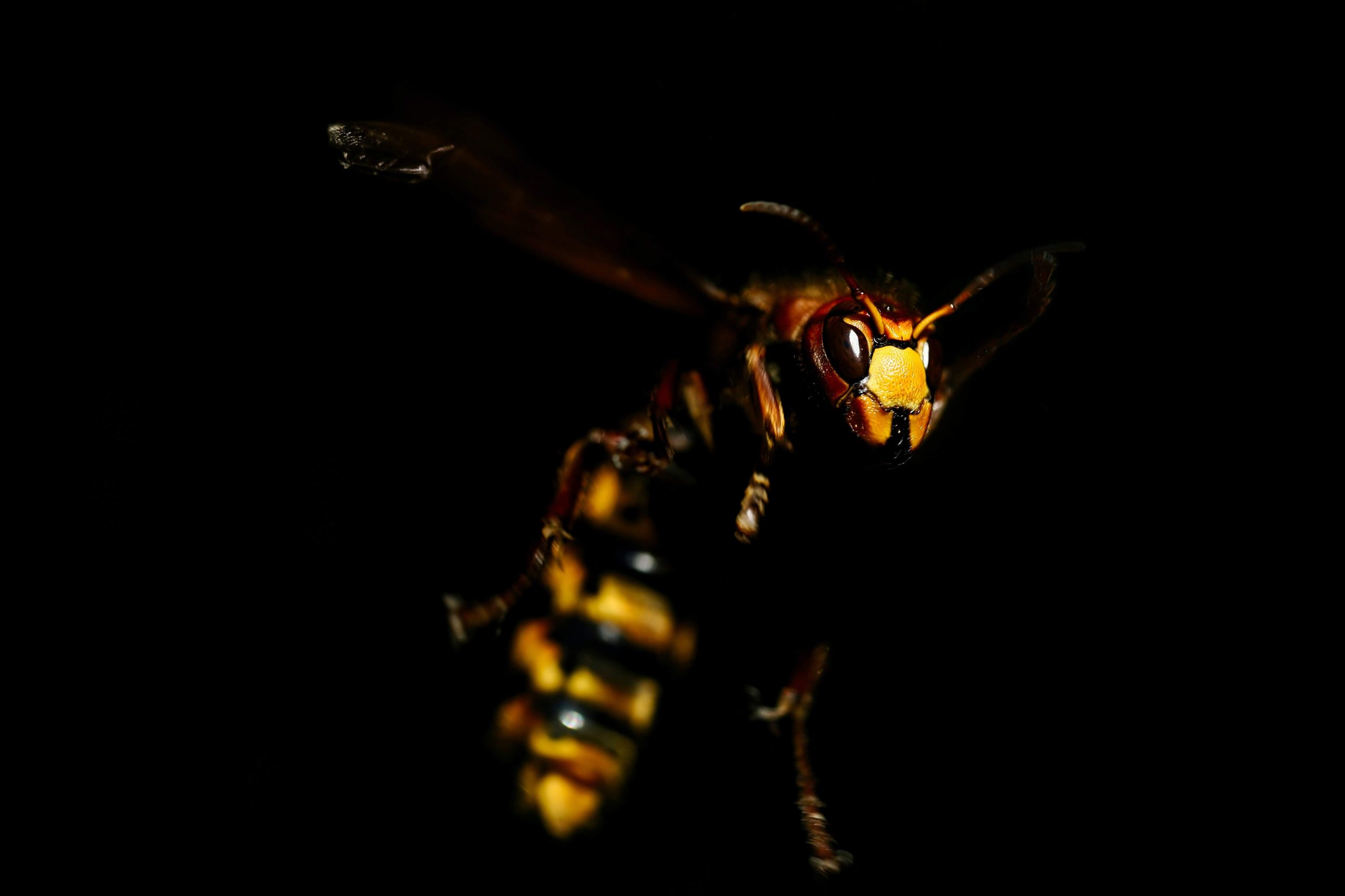How Many People Die Each Year from Giant Asian Hornet Attacks?
The Asian giant hornet, or Vespa mandarinia, in the United States, has left many people asking a burning question: “How many people each year die from Giant Asian Hornet attacks?” In truth, while the giant hornet possesses a formidable sting, the media portrayal of these insects as ‘murder hornets’ often tends to inflate the level … Read more

